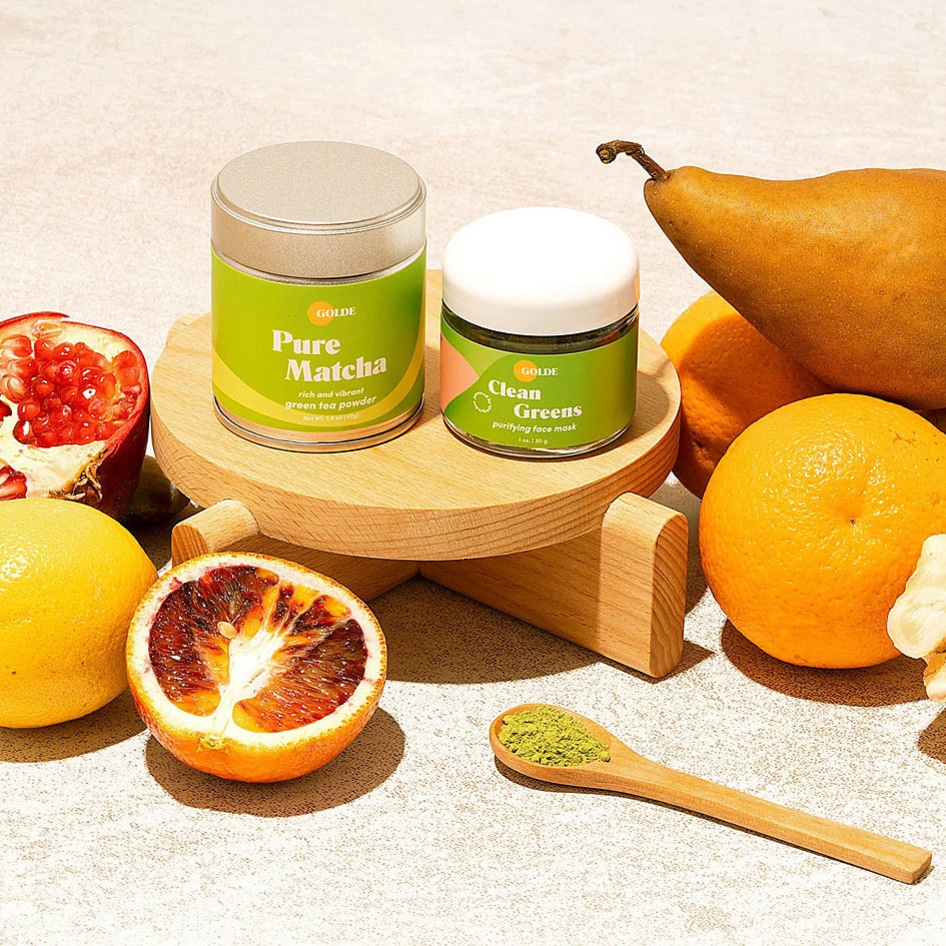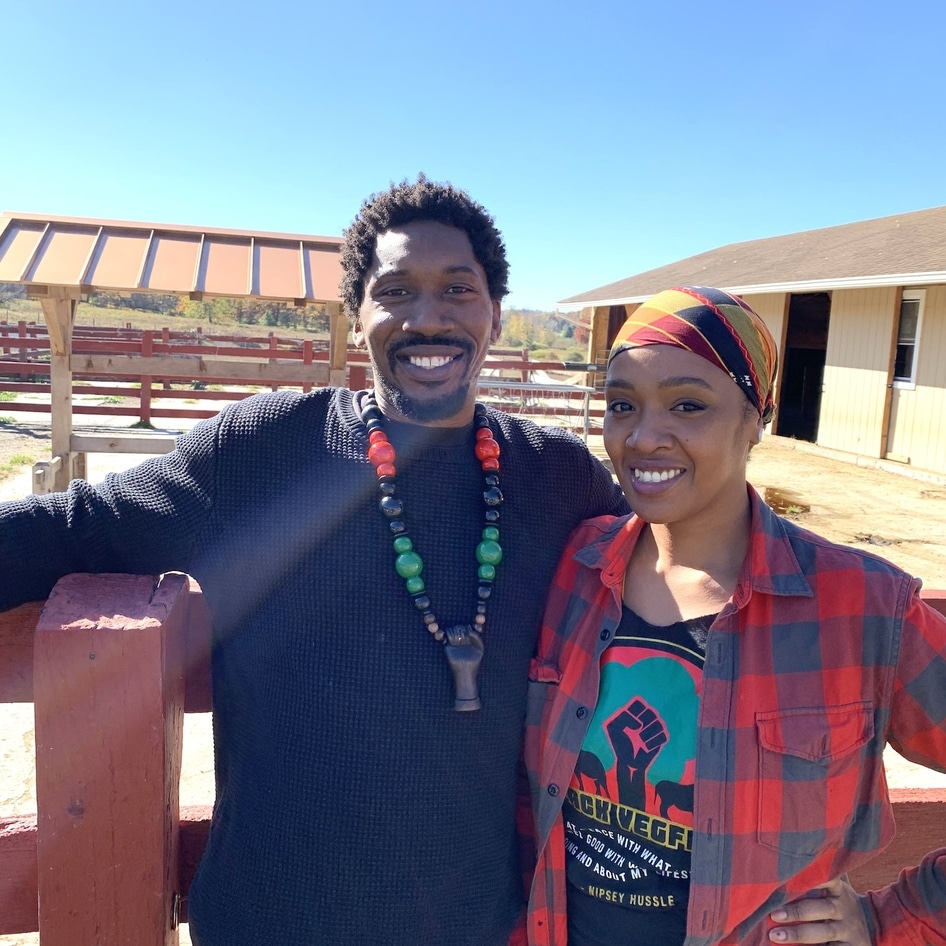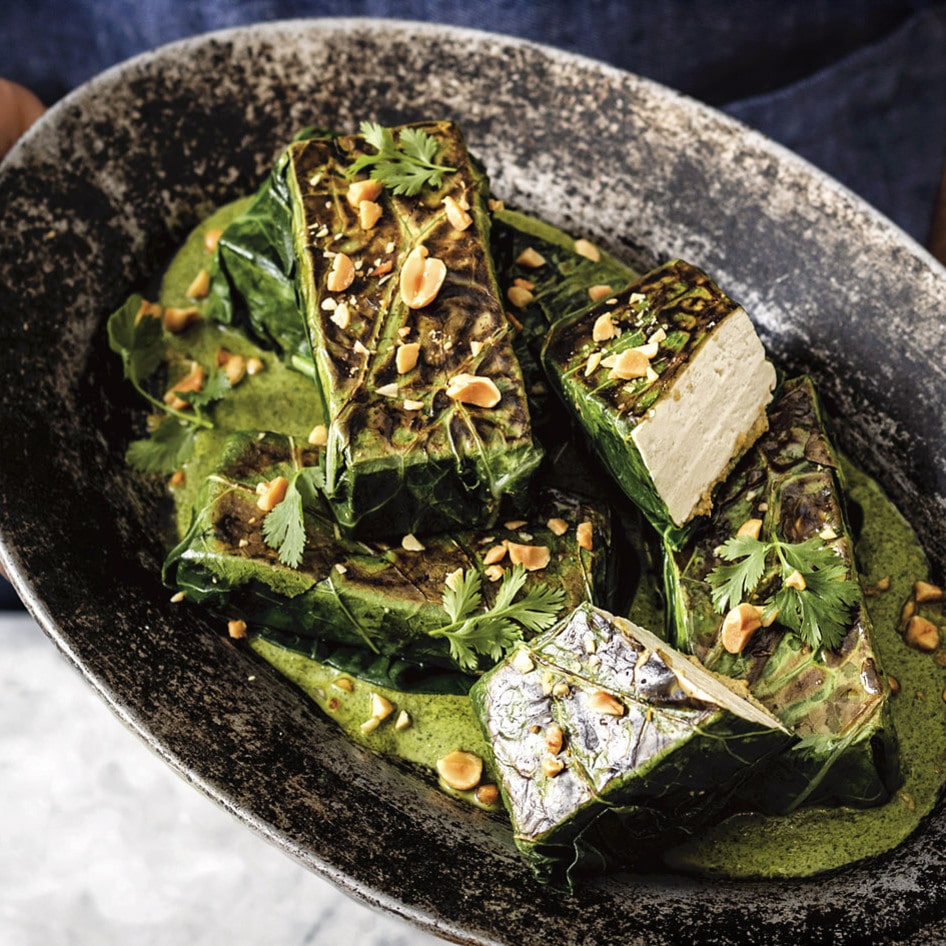Being a Black vegan activist during times of racial upheaval can be challenging. We often find ourselves being pulled between vegan activists who might have little or no understanding of racial justice issues and social justice activists who immediately shut down any conversation about veganism. Working for justice in two worlds that are so often opposed can be emotionally taxing, and so the support of fellow activists during these trying times is especially important. Here are nine meaningful ways you can support Black vegan activists like me while continuing to promote the vegan lifestyle in general.
1. Check-in with them.
Some Black people are not OK right now. Racist internet trolls, violent videos, and disturbances in their communities can often take a toll on Black people. Even if they’re not showing any outward signs of distress, Black people—especially activists—may be battling with stress, depression, or anxiety. Sending Black vegan activists in your circle a private message or text, or calling to ask how they’re doing, can make all the difference in the world.
2. Showcase their work.
Very few Black vegan activists have a large reach in the mainstream vegan movement. Because of this lack of representation, veganism is seen as a white, privileged lifestyle, which couldn’t be further from the truth. If you have an organization, business, or personal platform with a large reach, use it to showcase and promote the work of Black vegan activists. The visibility will help, particularly for those whose activism is aimed at promoting vegan living within marginalized communities.
3. Believe them.
It may be difficult to understand the experiences of Black people if you’re not the victim of systemic racism yourself, but even if you can’t relate, that’s no reason to doubt their stories. In the same way that able-bodied people should listen to people with disabilities to gain insight into the many ways our society discriminates against them, it’s the responsibility of everyone to listen to others’ experiences and perspectives and learn from them instead of questioning the validity of their stories.
4. Share your connections.
Black vegan activists aim to make a difference in their communities, but they can only do so much with limited access to resources. If you have connections to website designers, graphic artists, printers, media outlets, event planners, or grant writers who have the skills or know-how to enhance our work, introduce them. The more connections that are shared, the more likely it is that Black vegans will be able to make a real, lasting impact in their communities.
5. Do your research.
If you’re not personally affected by systemic racism in your everyday life, you probably don’t understand how draining it can be. The good news is that you have access to a multitude of articles, videos, websites, essays, books, and films that discuss the ins and outs of systemic racism. Instead of making it the job of Black people in your life to explain racism to you, take the initiative to learn the basics for yourself—and help share that knowledge.
6. Volunteer.
No event, program, or project has ever had enough volunteers, and that’s often true for the work of Black vegan activists. If you have spare time, consider volunteering for campaigns, events, and actions being spearheaded by Black vegans. They are taking on the difficult work of doing vegan activism in communities where, oftentimes, this information has never even been introduced, and it’s hard work. Volunteering your time to help with these particular initiatives will help the vegan cause—and make you feel good knowing you’re giving back.
7. Speak up against racism.
Historically speaking, when people from a dominant group speak up for those whose voices are being ignored, change happens much more quickly. Unfortunately, Black people have little power to dismantle systemic racism. Whether you’re correcting a misguided person on social media, or having difficult conversations at the family dinner table, every person who’s willing to speak out against racism is making a difference. Although confrontation can be uncomfortable, rest assured that speaking up will put you on the right side of history.
8. Support their work financially.
If you have the means to do so, donate to Black vegan activists’ work. Much of their work happens at the community level, which requires forethought, organization, planning, and resources. Donating to nonprofits, participating in fundraisers, contributing to crowdfunding campaigns, and becoming Patreon patrons helps ensure they are able to carry out the important, culture-shifting work they’re doing. If you don’t currently have the means to contribute monetarily, you can still support their work by sharing their fundraisers with your family, friends, and community.
9. Share articles (like this one) with others.
For every person who reads an article that helps them learn something valuable, there are countless other people who may never be exposed to the information. By engaging with other people’s personal experiences and perspectives, we’re able to gain the kind of understanding that can begin to create real, lasting change. Even if some people seem reluctant to accept new information initially, the more it is shared, the more people will be able to accept new ideas. Doing something as simple as sharing an article on Facebook can have an impact on other people’s lives for the better.
Brenda Sanders is a vegan food-justice activist who works to make plant-based foods accessible to people in marginalized communities.
JUMP TO ... Latest News | Recipes | Guides | Health | Subscribe







